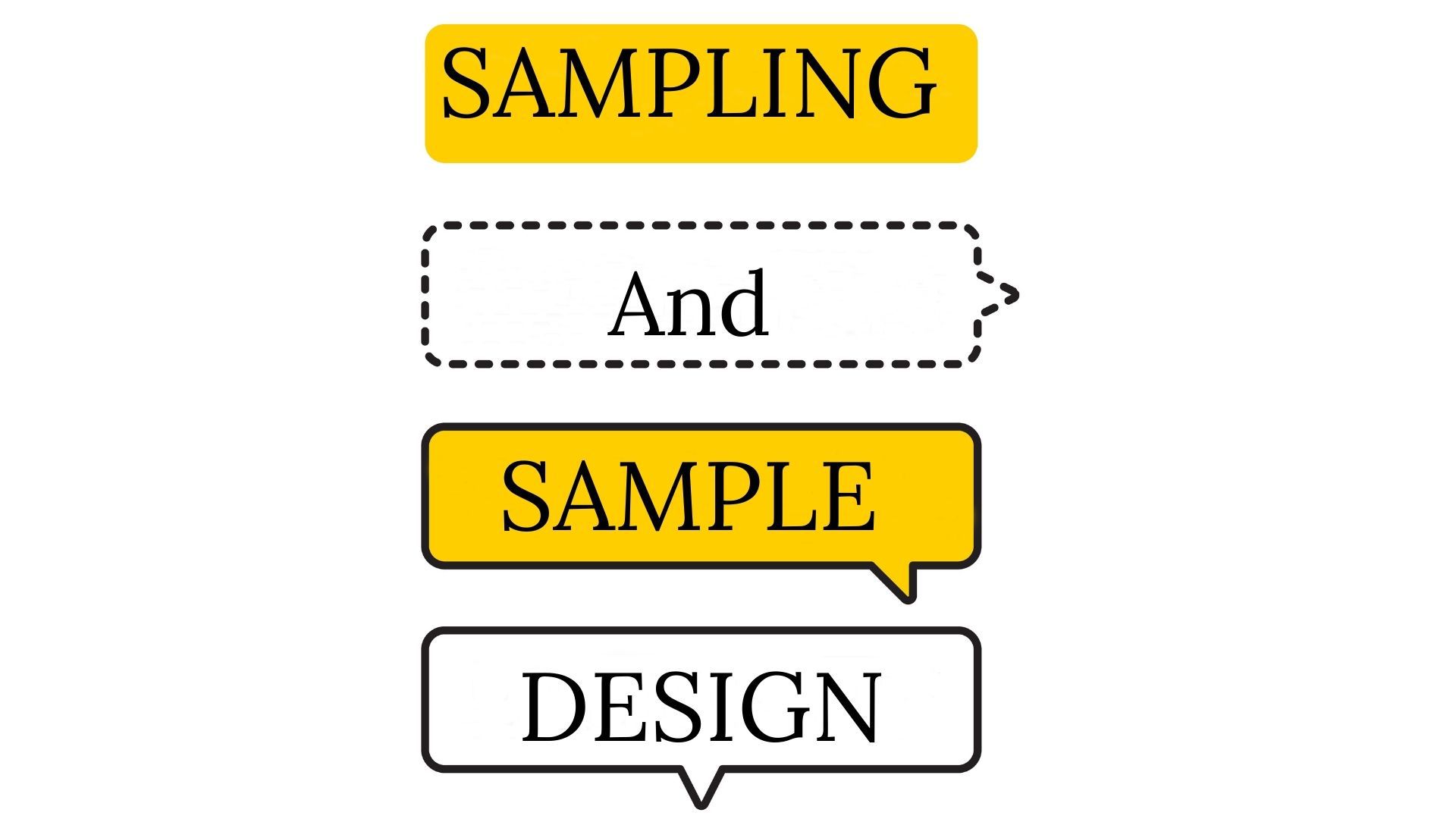Market Research Focus Groups
Focus Groups
Focus groups are also known as group interviews or group discussions. They are used to understand the attitude or behaviour of the audience. Six to twelve individuals are selected and either one or two moderators (those who lead the discussions) are selected. If there are two moderators, they will adopt opposite positions. It is the moderator who introduces the topic. Discussion is controlled through these moderators. The group is watched from adjacent rooms. There are various devices which are used to record these discussions.
Objectives of Focus Group
- To gather primary information for research project;
- To help developing questionnaires in terms of survey research;
- To understand reason behind a particular phenomenon:
- To see how people interpret certain phenomenon;
- To test primarily ideas or plan
Steps involved in conducting Focus group
- Define the problem
- Select a sample
- Determine the number of groups necessary(minimum number should be two)
- Prepare the study mechanics. Arrange the respondents place where the focus group is to be assembled.
- Select moderators and brief them.
- Prepare the focus group material.
- Conduct the session.
- Analyze the data and prepare summary report.
Advantages of Focus Group
- It is used to collect primary information and therefore it can conduct a pilot study also.
- Relative cost is not much.
- It can be conducted quickly.
- It has flexibility.
- Moderator can detect the opinion and certificates of those who cannot speak well by facial expression and other non verbal behaviour.
- We can get the questionnaire filled up either before or after the discussion.
Disadvantages of Focus Group
- It is inappropriate for gathering quantitative data.
- Self appointed group leader may impose his /her opinion on other members. Moderators can restrict people.
- t depends heavily on skills of moderator.
- Respondents in the focus group may or may not represent the population from which they are drawn.
- Recording equipments are likely to restrict respondents. Location of recording equipment is very important.









